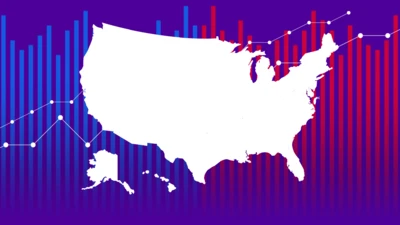We've updated our Privacy and Cookies Policy
We've made some important changes to our Privacy and Cookies Policy and we want you to know what this means for you and your data.
Why change in Scotland will change the whole UK
Image source, Getty Images
- Author, Nick Robinson
- Role, Political editor
If you think today's constitutional changes are only about Scotland, think again.
If you think they mark the end of a process of change, think again.
If you think they will end the debate about Scottish independence, think again.
The proposals to give the Scottish Parliament much more power will fuel calls for:
1) More powers to be given to England's cities and regions as well as the Welsh & Northern Irish assemblies.
The Mayor of London, Boris Johnson, and Labour leaders of Birmingham, Bristol, Liverpool, Leeds, Manchester Newcastle, Nottingham and Sheffield have come together to declare that what is good enough for Scotland is good enough for them
2) Demands for English Votes for English Laws
The Tories have promised a vote before Christmas in the Commons to ensure that only English MPs can vote on English laws. All the other parties oppose this as driving a wedge between MPs from different parts of the UK and, in any event, as much much easier to say than to do.
Today's all-party report insists that there should be no second-class MPs at Westminster but some will now argue that if English MPs have no say on the rates of income tax in Scotland then no Scottish MP should have a say on tax rates in the rest of the UK.
This could lead to Ed Balls becoming chancellor but not having a majority for his Budget - precisely the "Tory trap" which former Chancellor Gordon Brown warned against and the "flood of tears" which Alistair Darling predicted. One line in today's document will not end that debate.
3) Calls for even more powers for Scotland
The backers of independence will argue that control over some taxes and benefits and not others makes no long-term sense and the Scottish Parliament should control the lot
4) Different parts of the country to be able to experiment with different ways of doing things
We already have the NHS run in different ways in different parts of the UK. So too decisions on whether to charge student fees or prescription charges or for care for the elderly. In future, many welfare benefits and job creation measures may be different in Scotland too. Other parts of the UK are likely to demand they get some of that flexibility, just as American or German states do.
So, don't yawn when you hear a list of tax rates and allowances or benefits that are or are not to be devolved.
Today's report marks the beginning of a process of dramatic change and a series of arguments about what politics is really about - who should have power over what?
Top Stories
More to explore
Most read
Content is not available








